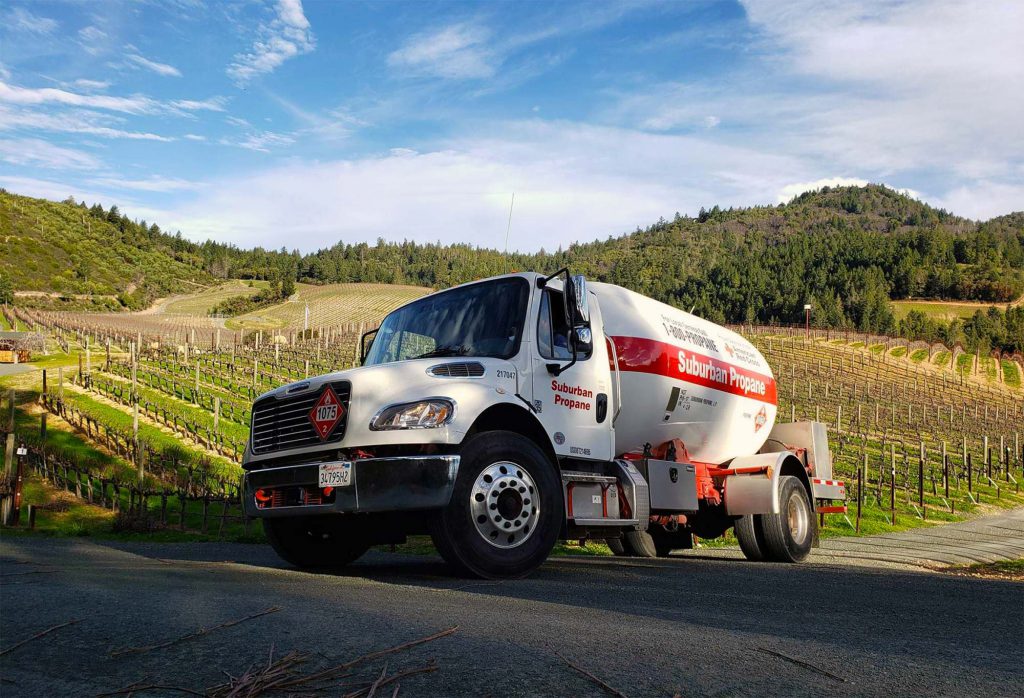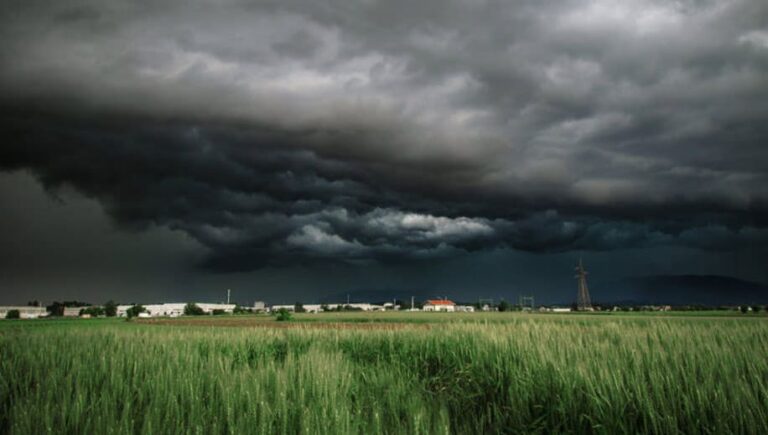Where Does Propane Come From?

As we head into Spring, the weather is warming up. Many of us in the colder regions of the country are pulling the covers off the grill, and looking forward to some backyard barbeques. When you bend down to turn on your grill’s propane cylinder, or call Suburban Propane for your Spring maintenance check, do you ever wonder, what is propane? Or where does it come from?
Wonder no more! We have put together a primer on propane so you’ll know more about this clean, green, versatile, and abundant energy source.
What is propane?
Propane, otherwise known as liquified petroleum gas (LPG,) is a natural by-product of the crude oil or the natural gas refining process.
Propane is one of the cleanest burning fuels available, and burns cleaner than gasoline and other fossil fuels. It emits lower levels of carbon dioxide and particulates, and doesn’t produce sulfur dioxide, a primary cause of the greenhouse effect. Propane is non-toxic and vaporizes quickly, so it won’t contaminate soil or groundwater.
Where does propane come from?
Most of the propane used in the United States is produced domestically, and the process has evolved over the last century. There are two primary ways propane is produced:
1. Natural gas production. Propane is extracted from the natural gas during processing. Propane is denser in liquid form, therefore stored and transported as a liquid.
2. Crude oil refining. A number of byproducts result from crude oil refining, including diesel fuel, gasoline, heating oil, jet fuel, kerosene, and propane. There are many phases of refining, during stabilization, heavier hydrocarbons sink to the bottom, while lighter hydrocarbons, such as propane, rise to the top and are easily extracted.
These byproducts (propane) are they piped away from the refineries to distribution centers for transportation and delivery.
Propane is the Fuel of the Future
Propane’s versatility and portability provide fueling options across a vast majority of industries and also commercial and residential use.
Propane has a lower carbon footprint, producing 38 percent fewer emissions than oil, with low carbon monoxide and hydrocarbon emissions. Vapors will not cause air pollution, nor will it contaminate soil or ground water in the event of release.
Additionally, propane exhaust creates 60-70% lesser smog than gasoline; Autogas vehicles reduce greenhouse gas emissions by 15% compared to diesel vehicles. Propane is listed as an approved clean fuel by U.S. Government energy policy makers and energy administrative bodies, making it a great choice to fuel a greener future.
Share this story, choose your platform:
Related Posts
Peace of mind
with dependable
fuel supply, when
you need it

COMMUNITY
700+
Locations providing exceptional service to local communities across 42 states
EXPERIENCE
95+
Years serving our customers and their communities. Customer satisfaction since 1928
CUSTOMER SERVICE
3,300+
Dedicated employees ready to assist you with quality service for all your fuel needs
RELIABILITY
24/7/365
We are here for you with customer service representatives standing by to take your call
Please call us 24/7/365 at 1-800-PROPANE



